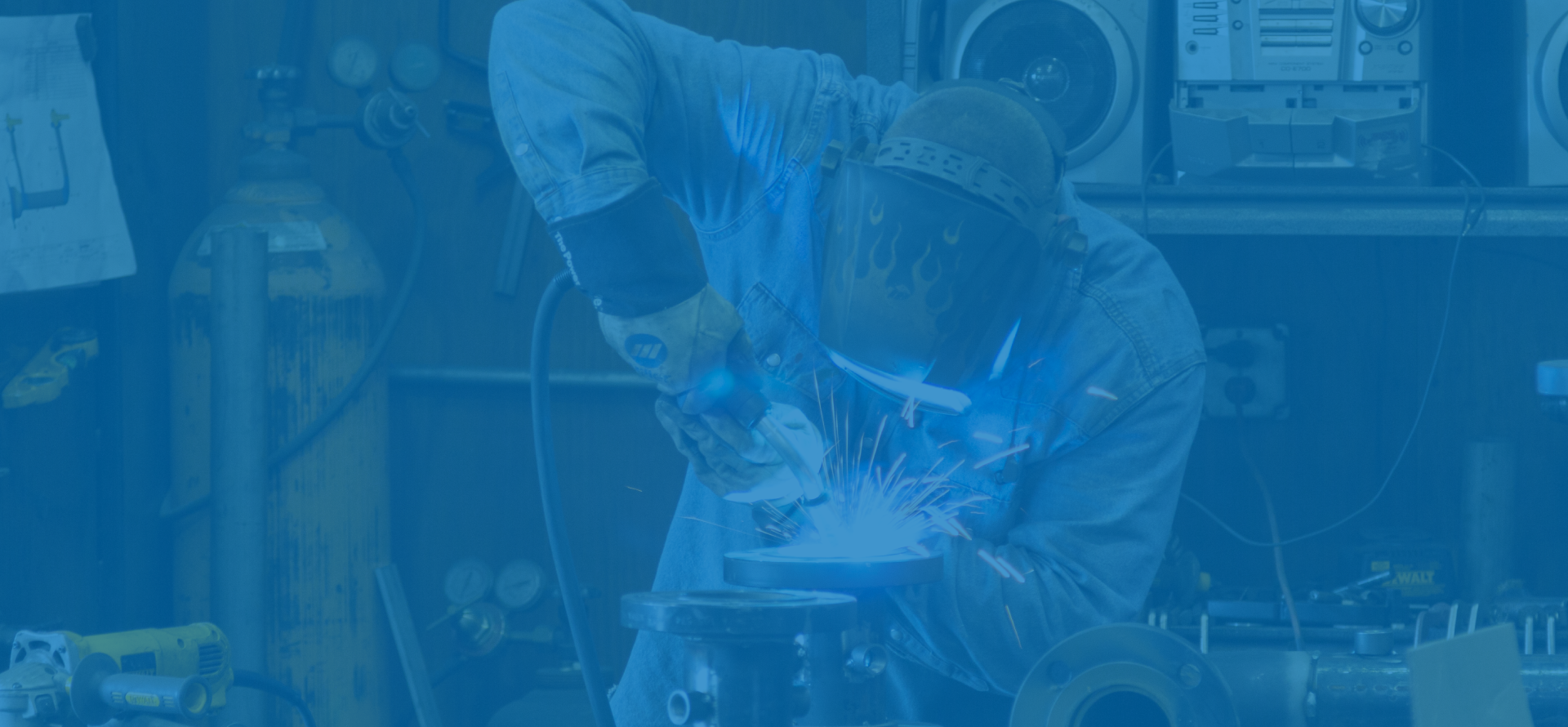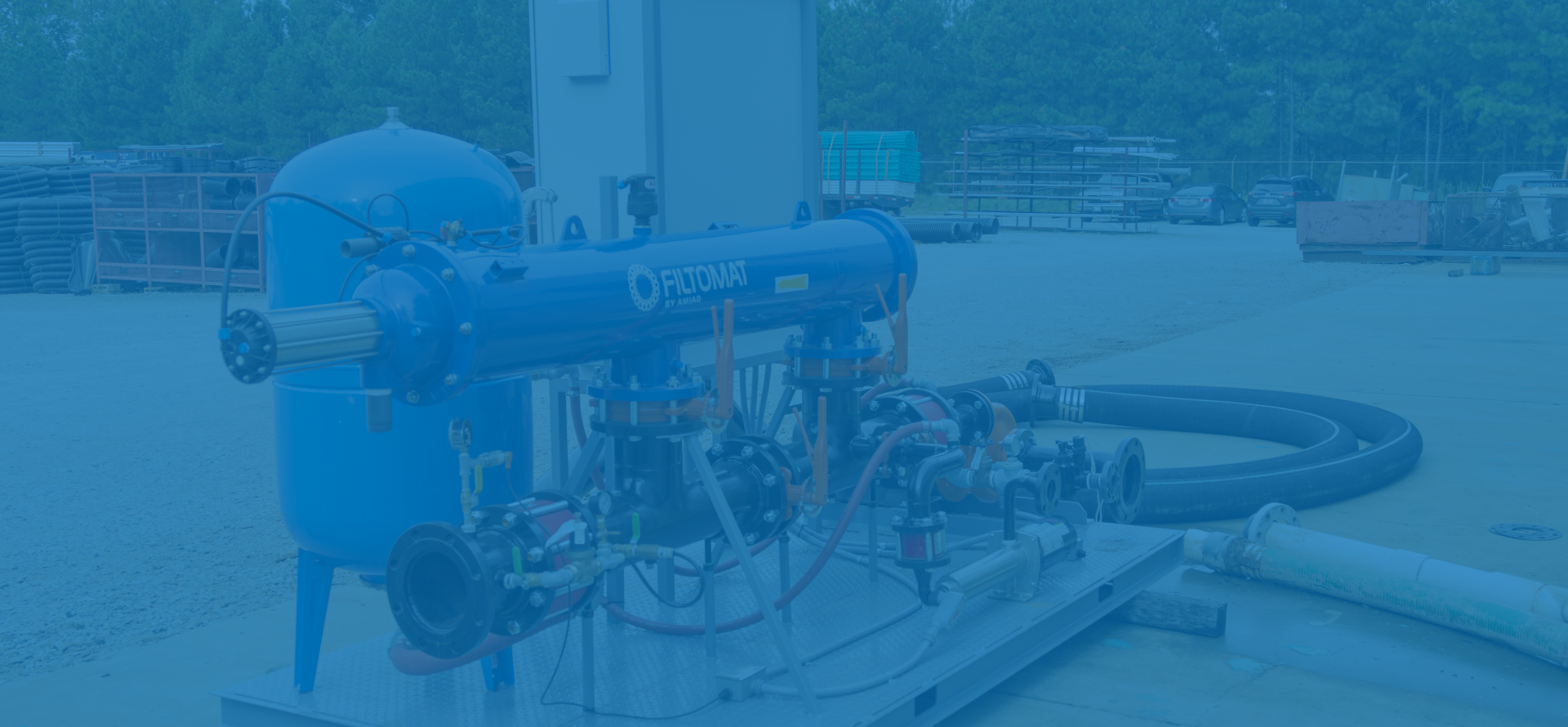Pump stations are a necessity for many types of businesses and may be used for sewage, wastewater, irrigation water, drainage and dust suppression.
Pump stations, or pumping stations, are used for different infrastructure systems typically in the industrial arena to pump liquids from one location to another. Applications for pump stations include wash-down operations, wastewater and sewage lift, dust suppression, irrigation, drainage of low-lying land, and supplying water to canals, and the name of each system—a few common ones being described within the contents of this article–is typically indicative of its application.
How Pump Stations Work
Pump stations are comprised of pumps, motors, a pump control system, manifolds and valves. Given their hydraulics and electrical controls, pump stations are very technical, but in a nutshell, to work correctly and efficiently, they are set up to provide a specified flow of liquid at a specified pressure to deliver the fluid from the starting point to all targeted areas.
Pump stations can be set up in a variety of ways to work correctly. For example, a pump station may have a main pump and a standby pump or 2 main pumps and a single standby pump or 3 main pumps and no standby pump. Of course, the size of the system, cost and acceptable downtime without fluid flow are all factors to take into account when determining the proper set-up for each system.
Within any given system, you may have a variety of different types of pumps, as well. End suction, submersible, vertical turbine and vertical multi-stage centrifugal pumps are some of the different types of pumps you may find when looking at pump stations.
Common Types of Pump Stations
• Irrigation Pump Stations: Irrigation pump stations are very common and can be used for many types of businesses and landscapes, including farms, golf courses and low-lying areas where flooding may be a risk. The irrigation pump station is typically the most expensive component in an irrigation system.
• Sewage Pump Stations: Another common pump station is a sewage pump station, or lift station, that is a key part of any sewage collection system designed to handle raw sewage coming through gravity pipelines found underground. They’re typically designed with end-suction centrifugal pumps that have a large opening to avoid any debris clogging the system.
Purchasing Pump Stations
When looking to purchase a pump station, it’s important to choose a company that 1) takes the time to listen to the customer to provide a station that’s engineered to the customer’s specifications and 2) has high quality, technically advanced pump stations to support the needs of the business for which it’s being purchased. It’s also important that the company selling the pump stations test the pump before it ever leaves the store or warehouse property to ensure it’s in good working order prior to installation.
Though not the most interesting subject for many, pump stations are a necessity for many industries in both the private and public sector, and ensuring that they work efficiently and effectively is critical. When a pump station fails, it can be as simple as a little bit of inconvenience when the water backs up in a community and needs to be shut off for a bit, or could be very damaging to the point of causing flooding due to water not being pumped out as it needs to be from low-lying areas.
W. P. Law, Inc. is one of the Southeast’s leading suppliers of fluid handling equipment for farmers, contractors, and industries. Founded in 1970 in Lexington, South Carolina, the company has six locations throughout the state. W.P. Law, Inc.’s reputation is built upon the experience and expertise to find economical solutions to customer’s needs. The company is currently providing a free residential irrigation design redeemable at any W.P. Law, Inc. branch. For more information, visit https://wplawinc.com or call toll-free 877-835-0893.








